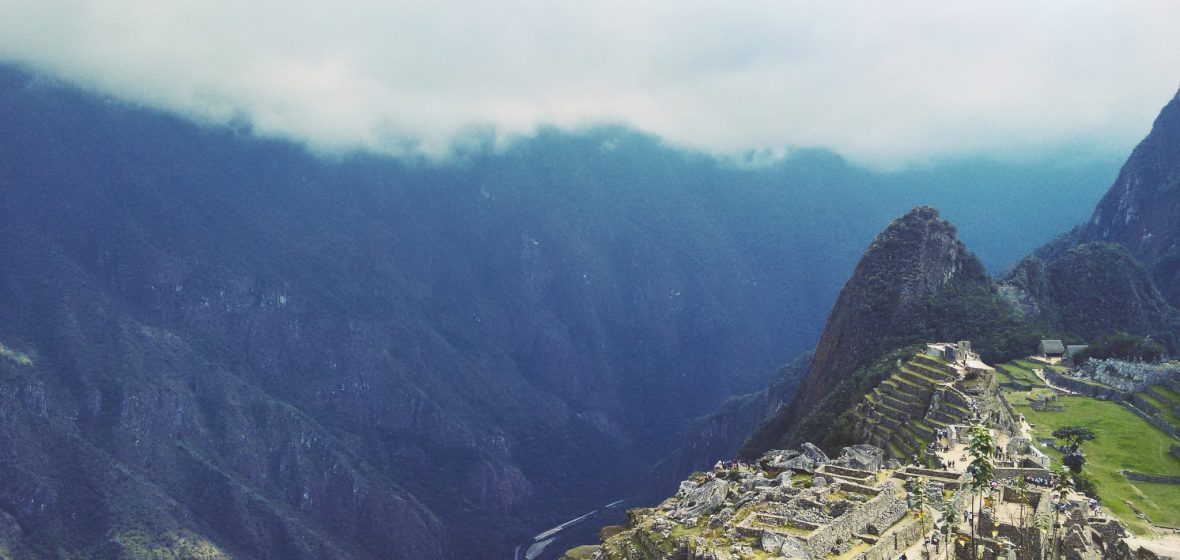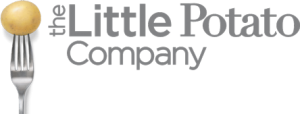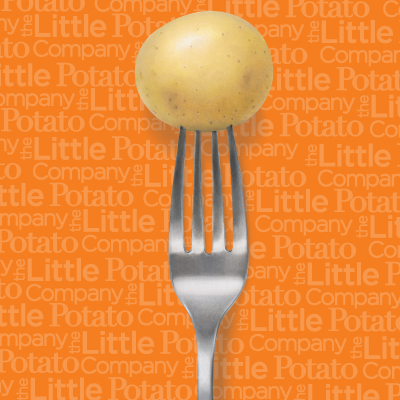Origin of Potatoes

Our humble heroes come from truly humble beginnings, thousands of years ago. Let’s take a journey through time to find out where our favorite vegetable began, and how it travelled from the ancient soils of Peru to our plates today.
Stories About the Origin of Potatoes: Tubers Have Been Around For Thousands of Years
Potatoes have an incredibly rich and interesting history. For thousands of years, they were cultivated by the Incas in Peru. The earliest archaeological evidence exists on the shores of Lake Titicaca from roughly 400 BCE! Potatoes started quite small and narrow—kind of like our fingerlings, just a little gnarlier.
The Incas learned how to preserve this durable veggie for storage by dehydrating and mashing them into a substance called chuñu. They could store it for up to 10 years, and it provided great insurance against crop failures. The Incas had a great reverence for potatoes, and thought that they made childbirth easier, as well as used them to treat injuries. It wasn’t until the mid-sixteenth century that potatoes would venture across the seas to Europe.
Potatoes Travelled to Europe by Way of Spanish Conquistadors
In 1532 conquistadors from Spain came sailing onto the scene searching for vast riches to bring back to Europe. They found these mysterious-looking tubers (kind of like a short, fleshy, underground stem) and had no idea that these innocuous-looking vegetables were far more valuable than gold and jewels (you can’t even eat gold and jewels!). They stashed them aboard their ships, and returned home.
The 1600s saw the spread of potatoes through Spain, Italy, Belgium, Holland, Switzerland, Austria, France, Germany, Ireland, and Portugal, but people were hesitant to cook with them. Many people were incredibly suspicious of potatoes, because of their resemblance to plants in the nightshade family—some people thought they were crafted by witches.
Eventually, explorers, merchants, and people prone to taking long sea voyages noticed how long they stayed fresh and tasty, and began using them as basic rations aboard their ships.
Europeans Were Intensely Suspicious of Potatoes
In the 1700s, the aristocracy in France and Prussia recognized how easy it was to grow potatoes, and how they could better feed their population with them. But they were challenged with how to convince people that potatoes should be considered food fit for humans. Up until then, they were being fed almost exclusively to animals.
Frederick the Great wanted to feed his nation and help lower the price of bread. So he came up with a scheme, and a pretty good one at that.

To elevate potatoes in the eyes of his people, he planted a royal field of potatoes, and placed a heavy guard around it. Naturally, this made people curious. They figured that anything worth guarding that heavily was absolutely worth stealing. And so they began to steal the potato plants for their home gardens and the plants were quickly spread.
How the French Monarchs Tried to Convince their Subjects to Eat Potatoes
The French aristocracy thought the best way to inspire people to start seeing potatoes en vogue was to start literally wearing potato blossoms. Some of the most famous adoptees of this fashion trend was King Louis XVI and Marie Antoinette. They decorated their buttonholes and hair with the white and purple flowers, helping to influence people’s perception of these fashionable and delicious potatoes.
Thomas Jefferson Makes Potatoes Fashionable in North America
The ever-exploring Europeans brought the potato into North America in the 1620s when the British governor in the Bahamas made a special gift of them to the governor of Virginia. They spread slowly through the northern colonies, but had much of the same initial reception in North America as they did in Europe.
It wasn’t until Thomas Jefferson served up some fresh spuds during a White House dinner to some of his distinguished guests that potatoes were seen in a whole new light. From there, potatoes were able to gain steady popularity—especially amongst Irish immigrants.
The Modern Russet Potato Appeared in the Late 1800s
After hundreds of years of patiently waiting for the world to accept them as a vegetable with so much to offer, potatoes were finally recognized as the no-fuss, nutritious vegetable they are. Population booms seemed to follow them wherever they went, and none were so dramatic than in Ireland. By the 1800s, potatoes were a staple in the homes of Irish families.
The high yields of potato crops allowed even the poorest farmers to produce healthy food with very little resources. As a result, potatoes evolved and were bred to be larger so that they could feed more people. In the late 1800s, the modern-day russet potato was born.
Potatoes Become One of the Top 5 Most Important Crops in the World

Eventually, people realized that they were one of the best veggies around—in fact, potatoes alone supply every vital nutrient except for calcium, vitamin A, and vitamin D. They went from being one of the most misunderstood forms of produce to one of the top five most important food crops on our planet.
Little Potatoes are Just Like Their Ancestors
Our Little Potatoes resemble their ancestors from the Andes—little, vibrant, and full of nutrients. Eating our heritage varietals like Something Blue is like taking a journey back in time to the origin of potatoes. That’s what we mean when we say, ‘save the potato’; we want to bring potatoes back to their natural, nutritious, tasty roots.
Sources:
<span”>http://www.smithsonianmag.com/history/how-the-potato-changed-the-world-108470605/
http://www.thecanadianencyclopedia.ca/en/article/potato/
http://www.history-magazine.com/potato.html
http://www.sciencemag.org/news/2007/05/secret-history-potato
Did you like what you read?


